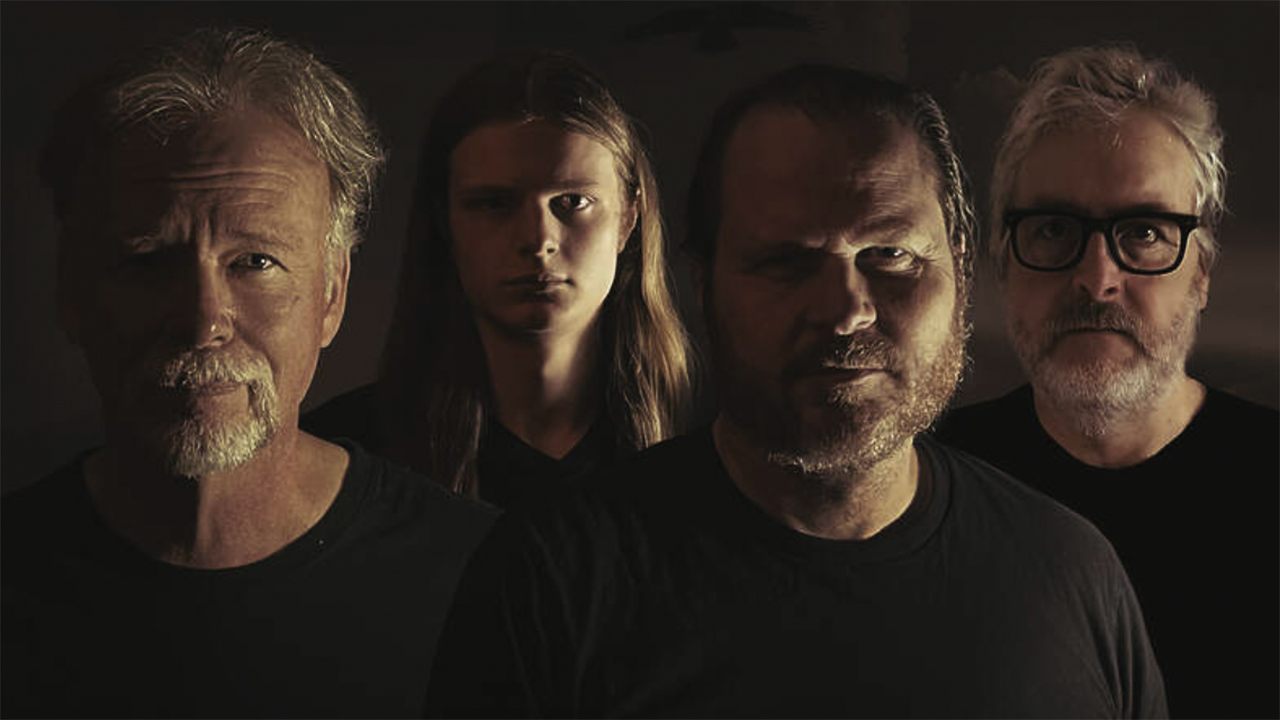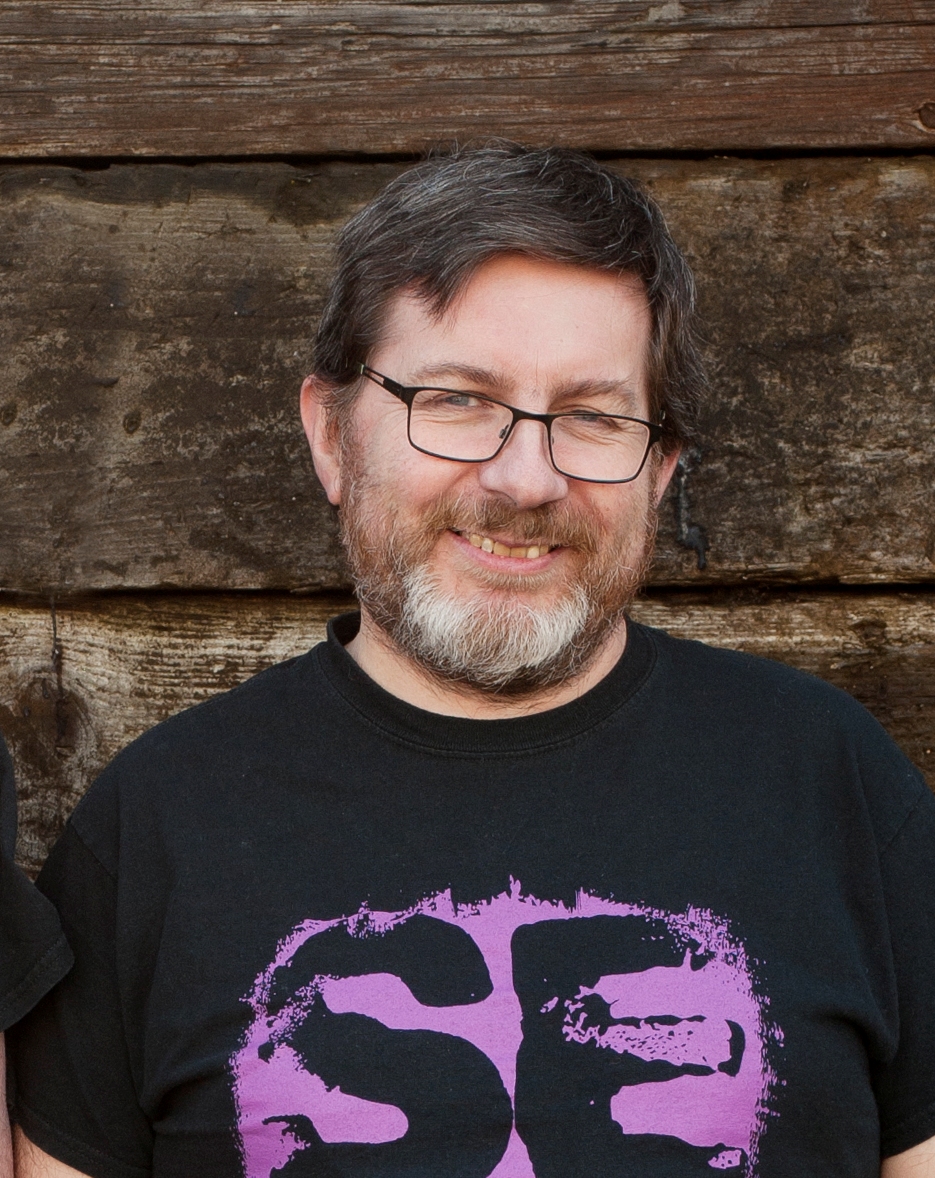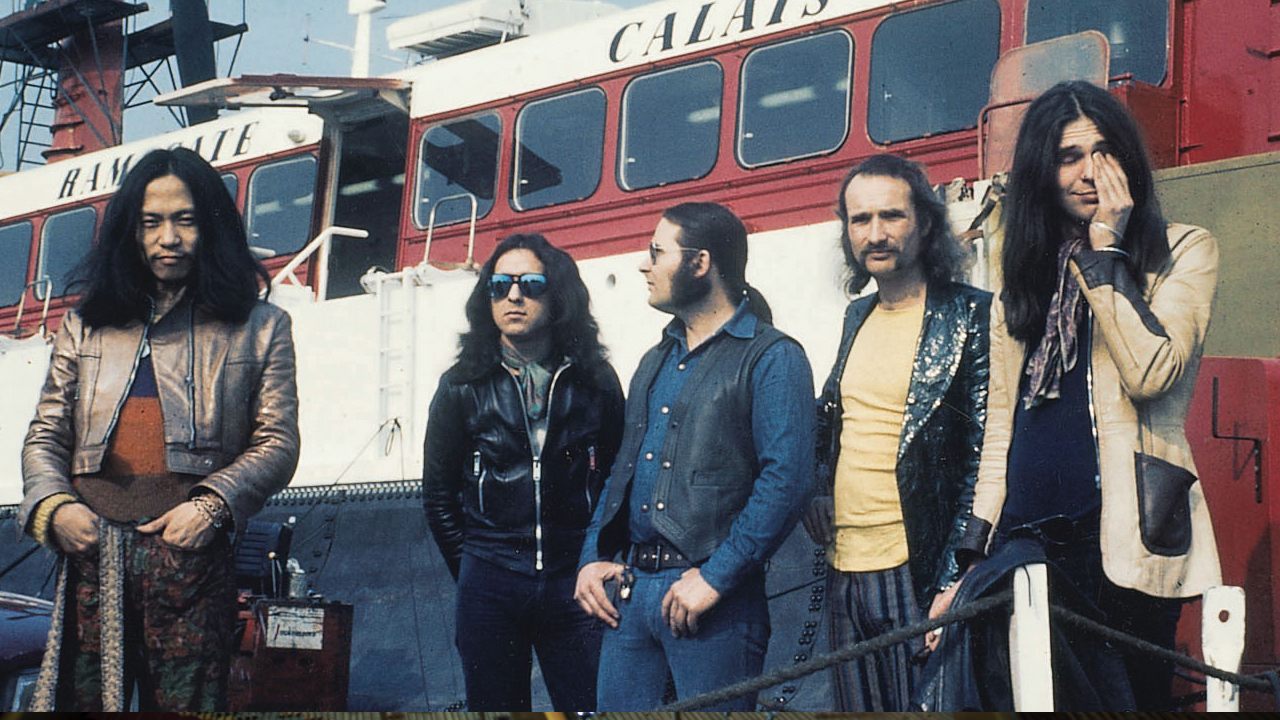“I have a history of reacting badly to music initially and developing a love later!” The singer who didn’t want to sing, and the change of approach that gave his band a second lease of life
Formed in the musical turmoil of the late 80s, the American group made music based on a theory of melody. But with the help of Rush collaborators they’ve tweaked their approach for the third album of their next generation

Following their 1990s heyday as one of the most unusual bands in the new wave of US progressive rock, Discipline continue their second coming with an album full of intricate detail. Prog catches up with songwriter and vocalist Matthew Parmenter to get the lowdown on Breadcrumbs and the band’s musical philosophy.
Think of Detroit, Michigan, and you’re far more likely to link it with Motown and the car industry. But another significant export since 1987 is Discipline. Speaking from his home just outside the city, Matthew Parmenter – vocalist, songwriter and keyboardist of the band for 38 years – recalls the early days of his group, during the somewhat analogue wild west world of cassettes and physical mailing lists.
“We played a lot around Detroit and built up a mailing list, transitioning from high school into college with a lot of friends following us. Then we started getting people we didn’t know, who were interested in what we were doing.
“After a while, we had over 500 people on our mailing list, which I was told was pretty good. We were wearing costumes back then – I think people thought it was a little bit trippy. There’s also a love of Halloween that’s very specific to Detroit; we always liked costumes because of that.
“I had some social anxiety. I didn’t want to be the vocalist. But the band suggested I sing, and that allowed me to dress up. It also helped me to make-believe with the characters in the songs, and I feel it helped the audience too – people enjoyed stepping into fantasy play. When our last keyboardist left the band suggested I do both. But I missed the theatrical part.”
Parmenter’s initial rock influences were Genesis and Gentle Giant, introduced by his elder brother. “He gave me my first album, Freehand by Gentle Giant. It was my first experience of rock’n’roll, and I assumed that’s what rock music was. The other formative album for me was A Trick Of The Tail by Genesis.
“But Discipline started in the 80s, so we were also influenced by new wave and punk. Finally, I was exposed to King Crimson’s Discipline album, which at first I didn’t like, but Elephant Talk stayed in my head. I have a history of reacting badly to music initially and developing a love later!”
Sign up below to get the latest from Prog, plus exclusive special offers, direct to your inbox!
Parmenter’s band are often likened to Van der Graaf Generator; but he says he’d never heard of Peter Hammill’s group until Swedish band Anekdoten made the connection when they toured with Discipline in 1994. Any similarities had been coincidental.
he band released two full-length studio albums in the 90s: Push And Profit in 1993 and their best-known recording, Unfolded Like Staircase four years later. By that point, Parmenter had developed an idea that informed his work: “I realised the melody line was more important than the chord. I remember coming upon the theory and thinking, ‘Eureka!’
“I allowed instruments to follow their lines irrespective of chords. If a melody occurs, allow it to develop. You often hear a melody being bent by the gravity of the chord. But we decided that if a melody wants to go to a particular note, even if it doesn’t fit, then let it – and that creates tension.
“I like Unfolded Like Staircase but it’s rather chaotic. With newer music I’ve been thinking about how to create a space for the melody. It doesn’t mean I bend the chord to it, but I ask, ‘Where’s the focus of the moment? Is it the singer? Is it the guitar line?’ I’m trying to be a little bit more selective about how the song is orchestrated than I might have been in the past.”
This leads us to Breadcrumbs, the third in a more recent sequence of studio recordings that began with To Shatter All Accord in 2011 and continued with Captives Of The Wine Dark Sea in 2017. The new album features five pieces of hugely varying character, given a sensitive analogue mix by former Rush producer Terry Brown, which brings out the dynamism of new drummer Henry Parmenter, Matthew’s son.
Parmenter senior is full of admiration for Brown’s work; in particular his refusal to participate in the “loudness wars,” which often sees dynamics sacrificed at the altar of volume. “Terry manages how the instruments and parts sit together, which gives them their own space but blends naturally. There’s no risk of listening fatigue – you can blast it or listen quietly.”
The bird has an eyeball in its beak… if we think about the internet, it’s all about advertisers getting eyeballs
Initial contact with the producer came via guitarist Chris Herin of the band Tiles, who replaced Jon Bouda in Discipline in 2014. Parmenter can’t praise Herin’s contribution enough, especially on the title track, which features a wonderful repeating guitar motif.
“Chris is one of the few musicians I work with who can read music, so he’ll read and then embellish the parts. But that particular line is a main melody, so we felt it needed to be extended. He suggested we take it up an octave. He slides the whole carriage up – it just makes you feel like you’re home once that happens.”
Herin has versatility, too, as he shows in Keep The Change, first written in the 1990s and now featuring a solo with a classic rock vibe. It’s a stylistic change in that it eschews prog almost completely. Indeed, another refreshing aspect of the album is that each of the five pieces sounds completely different. The epic title track contains all the twists and intensity that fans expect, while the shorter third piece, When The Night Calls, is both catchy and sad, and the longer closer, Aria, is a more stately, ballad-like affair.
Parmenter’s lyrics also set his band apart from others; poetic and oblique, the eave interpretation to the listener. Aria, for instance, could refer to its meaning in opera but could be a person’s name. Parmenter concurs, and offers a few clues to his intent with the title track.
“In the tale of Hansel And Gretel, the breadcrumbs are meant to be dropped so the children can find their way out of the woods – but they get eaten by the birds.” The theme is visualised for the album cover by another Rush collaborator, Hugh Syme. “It’s really a fantasia on that notion. The bird has an eyeball in its beak, which is also interesting, because if we think about the internet, it’s all about advertisers; it’s all about getting eyeballs.
“When you browse a website there are navigation tools that programmers call ‘breadcrumbs.’ For me, the album’s theme was realising that everything we put online has a permanence that we don’t necessarily recognise immediately.”
Breadcrumbs is on sale now.
Stephen Lambe is a publisher, author and festival promoter. A former chairman of The Classic Rock
Society, Stephen has written ten books, including five about music. These include the best-selling
Citizens Of Hope And Glory: The Story Of Progressive Rock and two books about Yes: Yes On
Track and Yes In The 1980s. After a lifelong career in publishing, he founded Sonicbond in
2018, which specialises in books about rock music. With Huw Lloyd-Jones, he runs the Summer’s End
and Winter’s End progressive rock festivals, and he also dabbles in band promotion and tour
management. He lives in Tewkesbury in Gloucestershire.
You must confirm your public display name before commenting
Please logout and then login again, you will then be prompted to enter your display name.




